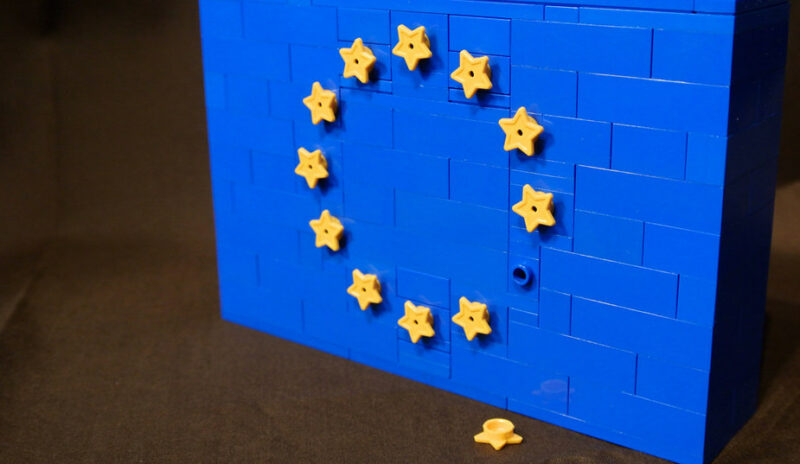No extension of the transitional period, no European customs tariff, and the roll-out of customs controls at the British border: not much more needs to be said to see that a hard Brexit is likely to become a reality.
But even with a free trade agreement, there is still a lot of homework to be done for exporters to the UK.
Let’s go back: at the end of October 2019, British Prime Minister Boris Johnson concluded a withdrawal agreement with the EU and on January 31, 2020, the UK officially left the EU.
At least on paper, because in practice it is still business as usual as a one-year transitional period is foreseen for the EU and the UK to reach a free trade agreement to avoid a hard Brexit.
Only the conversations did not go very smoothly.
Two stumbling blocks
The EU and the UK have not yet reached an agreement because of:
- Fish. The British want to limit access to their territorial waters, while the EU wants free access as it is today.
- Competition. The British want unrestricted access to the EU market. That is possible, says the EU, but only if the goods meet our strict environmental, labor or state aid standards. And that goes against the idea of British national sovereignty.
But even if a miracle were to happen and a hard Brexit is avoided, hard nuts would still be left to crack for European exporters to the UK.
British volatility
To be prepared for Brexit, many exporters have calculated the financial impact of this on their business. The import tariffs that the UK would levy as of 2021 were an important parameter in this respect.
However, a new decision by the British government is throwing a wrench in the works: instead of the 85 to 90% of EU goods previously exempt from import duties, a new list recently emerged in which significantly fewer goods are exempt.
Thought of sales tax yet?
Free trade agreement or not: exporters to the UK will have to pay an import VAT. Depending on the Incoterms used, they will have to act as a VAT consignee in the UK and have a UK VAT number.
Physical controls, pre-registration, and customs declarations
Supposing that the UK and the EU reach an extensive trade deal over the next few months, this will not yet include all internal market concepts as we know them within the EU.
Think of the mutual recognitions, the principle of origin, and harmonization. Moreover, a free trade agreement does not mean that there will be no more customs formalities or controls.
Quite the contrary.
The British government recently announced a phased introduction of controls with a six-month transitional period to accommodate customs formalities and debts.
Are you ready for the excisable goods?
Despite a free trade agreement, EU rules on excisable goods will no longer apply in the UK as of January 1, 2021. Payment for excisable goods transported within the EU is deferred until the goods are sold to the end user.
As of next year, these goods, in transport to and from the UK, will become ordinary import and export goods to which an EMCS (Excise Movement Control System) message no longer applies.
British declarants will also no longer be able to register in SEED (System for Exchange of Excise Data) and will no longer be able to create an e-AD (electronic administrative document).
Only Northern Ireland remains: thanks to the Protocol on Ireland and Northern Ireland, freight transport between the EU and Northern Ireland will remain under EU rules until 2025.

